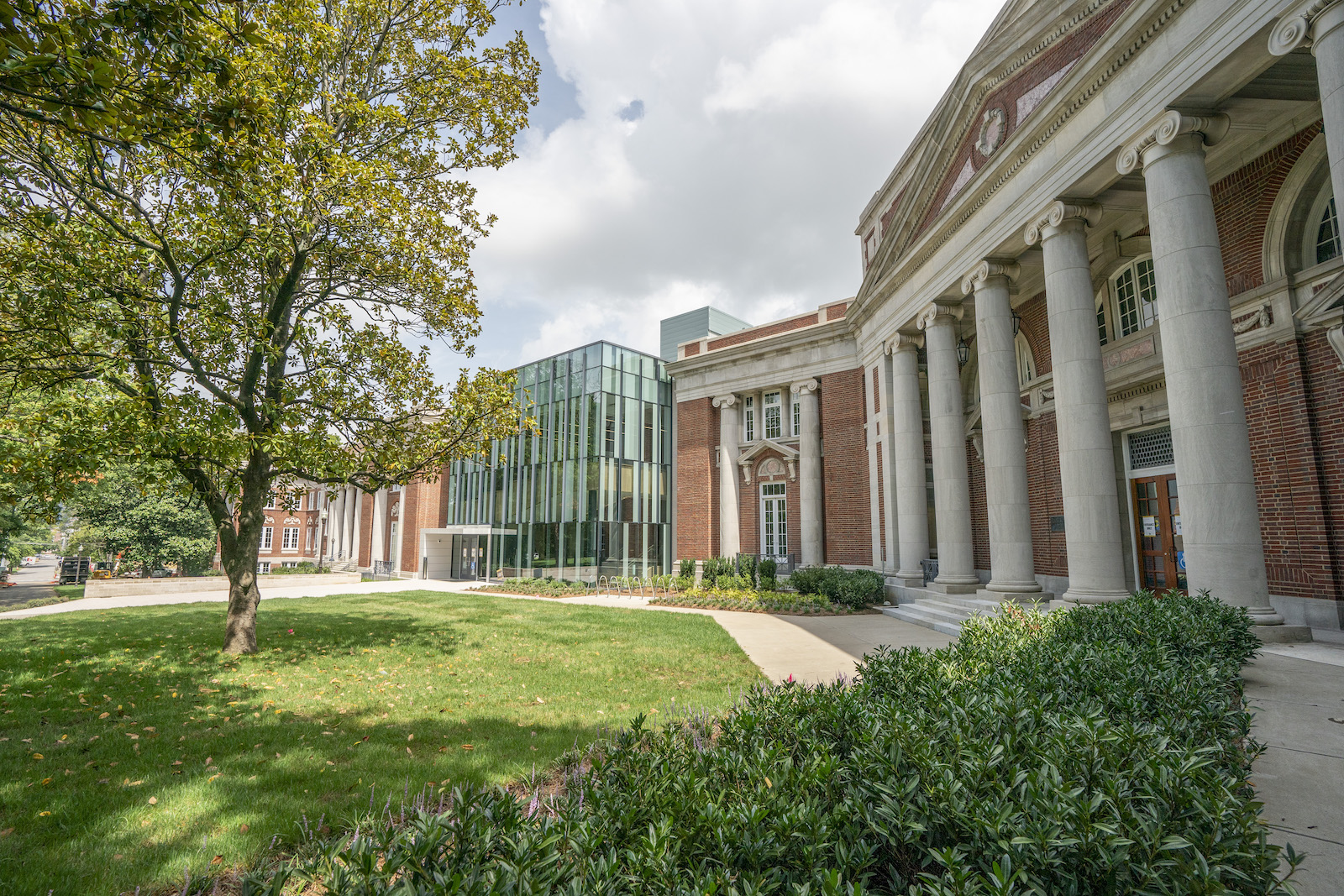Quick links
Applications for the 2026-2027 academic year are now closed.
Program Overview
The Ph.D. program in Community Research and Action is an interdisciplinary program combining community psychology, urban sociology, human geography, applied anthropology, and human and community development. It trains action-researchers committed to promoting social justice in rigorous theoretical analysis and research methods to prepare them for careers in academia, research, and public policy. The Ph.D. degree includes (a) a core set of courses covering inequality, diversity and social justice, community intervention and change, community inquiry (social research methods), public policy and advocacy, and organizational theory and change; (b) advanced research methodology covering quantitative, qualitative, and critical methods, action research, field research, and program evaluation; and (c) minor concentrations that are designed individually, drawing from Human and Organizational Development Department courses (in community organizing and development, community health, human development and prevention science) and from other departments and specializations within Peabody College (e.g., quantitative methods, urban education) and throughout the university (e.g., anthropology, divinity, gender and sexuality studies, global health, political science, sociology). Planning is done with the major professor and approved by the student’s committee. Students receive practical training and experience in teaching, grant-writing and applied research, and program or policy work in collaboration with nonacademic partners. In addition to the required courses listed below, students must complete a grant or graduate fellowship proposal and appropriate field experience.
All entering doctoral students receive financial support covering tuition, a stipend, and health insurance for up to five years, depending on their degree level (Bachelor's or Master's) when starting doctoral studies.
Program Facts
Director of Graduate Studies: Ashley Carse
Admissions Coordinator: Tonya Beaird Brown
Admission Term: Fall
Credit Hours: 72
Application Deadline: December 1
Program Curriculum
The program is 72 credit hours structured into the following sections:
- Core (15+ semester hrs)
- Methods (15+ semester hrs)
- Advanced Content/Minor(s)/Specialization Areas/Electives (30+/- semester hrs)
- Individual Projects: M.S. thesis, Internship, Dissertation (12+/- semester hrs)
The core curriculum covers the theoretical and empirical bases of community research and action. Required research methods courses include both qualitative and quantitative approaches and emphasize an applied, field research orientation, including program evaluation, policy analysis, needs assessment, quasi-experimental, as well as more phenomenological designs. As ecological theory deserves commensurate methodology, multiple methods (e.g., survey, systematic and participant observation, existing records, social indicators, ethnography, and content analysis) and multiple levels of analysis (e.g., individual, family/group, organization/community, policy jurisdiction) are encouraged.
The program's interdisciplinary aims are reflected in the core curriculum, the required qualitative and quantitative methods courses, and the list of electives and possible minors. Minors are possible in virtually any field related to Community Research and Action, including (but not limited to) quantitative psychology, leadership and organizations, sociology, political science, religion, and economic development.
Basic Requirements
Out of the 72 required credit hours, a minimum of 42 semester hours in formal didactic coursework is required. The remaining credit hours may be met with electives and/or research and field hours. Specifics are determined by students in consultation with their advisor and program of studies committee. In addition, each student must pass all required core and methods courses, write a master's thesis by the fifth semester (or have a previously completed thesis approved), write a fundable-quality grant proposal, complete a fieldwork requirement, write and defend a major area paper (which serves as the qualifying exam for doctoral candidacy) and propose, complete, and defend a doctoral dissertation. The grant proposal will generally be focused on the dissertation topic and may elect to be submitted to one or more funding agencies to support the dissertation research.
Ph.D. Student Handbook
A copy of the handbook for doctoral students can be found here.
Newbrough Graduate Award
Each year the Department of Human and Organizational Development acknowledges the year's best scholarly work by a graduate student with the Newbrough Graduate Award. For more information on the award, click here.
